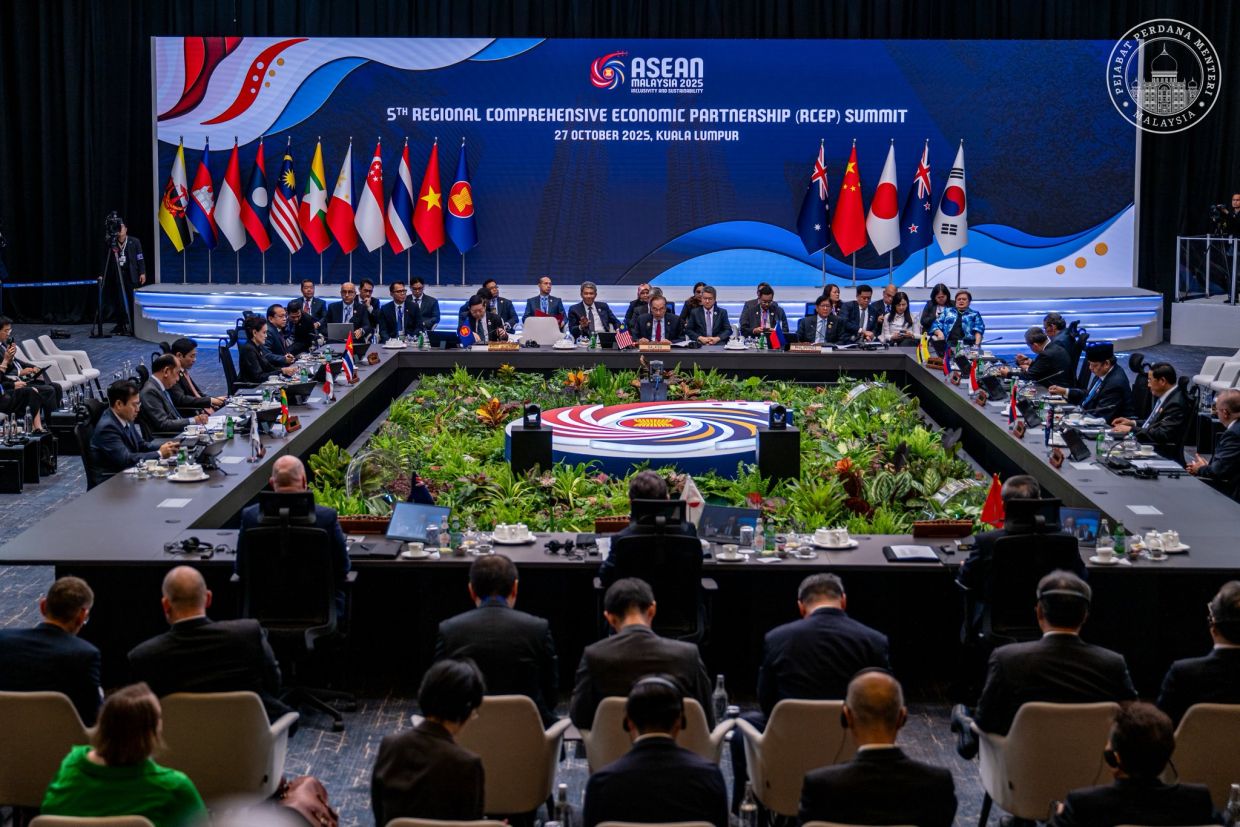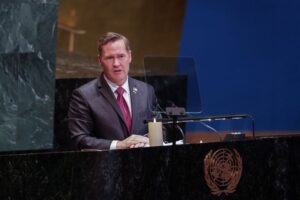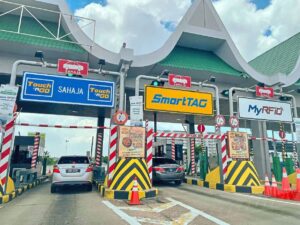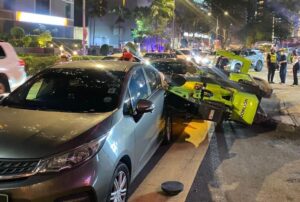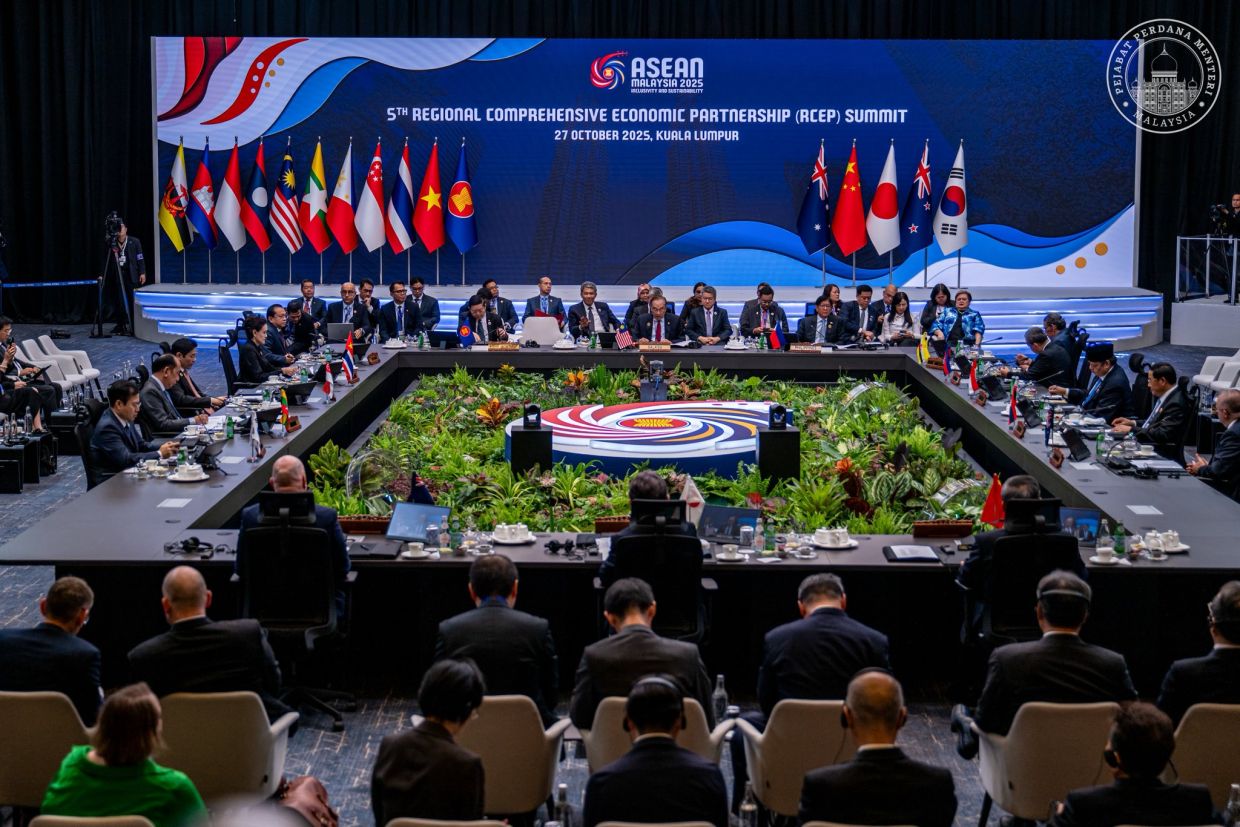
KUALA LUMPUR: The Regional Comprehensive Economic Partnership (RCEP) reflected a shared resolve to build an Asia-Pacific rooted in mutual trust, respect, and shared prosperity, says Prime Minister Datuk Seri Anwar Ibrahim.
“For the first time since the RCEP Agreement was signed amid the uncertainty of the pandemic five years ago, regional leaders gathered once again, renewing the spirit of cooperation that began in adversity and now stands as a symbol of resilience,” he said in a Facebook post after the 5th RCEP Leaders Summit.
“Malaysia is honoured to host this historic gathering, a bridge uniting peoples, rekindling friendships, and inspiring a future defined by peace, understanding and enduring partnership,” he added.
At the same time, President of the Philippines Ferdinand R. Marcos Jr. has called for the RCEP countries to leverage the world’s largest trade pact as a key platform for resilient regional growth, says the Philippines Information Agency.
Meanwhile, Xinhua reported that during the summit on Monday(Oct 27). Chinese Premier Li Qiang called for greater resolve in protecting the multilateral trading system and stood ready to work with all parties to uphold genuine multilateralism.
Li pointed out that the current international economic and trade landscape is undergoing complex changes, with unilateralism and protectionism on the rise—posing significant risks to the region.
Li called for fostering a more open regional market by strengthening market connectivity, promoting regional economic integration, accelerating expansion, and supporting applicants such as China‘s Hong Kong in joining the RCEP.
The Asean-led RCEP involves 10 Asean members and five key partners: New Zealand, China, Japan, South Korea, and Australia.
It came into force in 2022 and it aims to lower tariffs, boost investment and allow freer movement of goods within the region.
Hong Kong, Sri Lanka, Chile and Bangladesh have recently expressed interest in joining RCEP.
RCEP is a gateway to a market of more than 2 billion people, and the 15 participating countries account for about 30% of global GDP.
